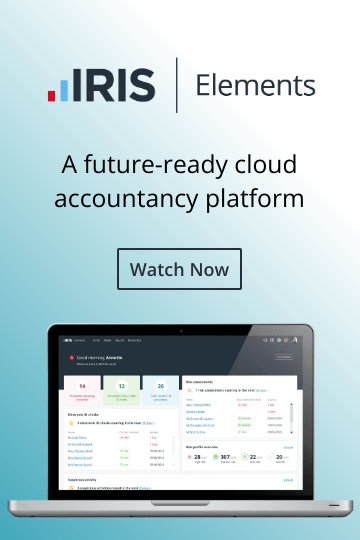BLOGS
Four ways tech can support accountancy firms through the cost of living crisis

Surging prices and increased inflation are just a few of the contributing factors giving weight to the cost of living crisis.
Businesses across the country are feeling the squeeze, and accountancy practices are no exception.
Subsequently, accountancy leaders are facing some difficult questions: what can we do to support our people through these pressurised times? How do we keep a check on the costs of running our practice?
When profitability is under threat, the instinct to retrench strengthens; however, software can have deflationary effects on a practice by lowering the cost of doing business.
This article explores just that - how software and services can support accountancy teams, the practice and ultimately clients to work smarter.
1) Time and fees
Timesheets are an intrinsic part of any practice, regardless of your shape or size.
But do you ever feel like you spend more time completing the timesheets than actually doing the work?
Consider deploying software which can simplify time recording, monitor WIP, raise electronic bills and send out statements.
Perhaps most importantly, these software solutions help you get paid for the work you do, ensuring cashflow remains steady during unsteady times.
2) Forecasting and proposal management
Forecasting clarity can be of huge benefit to both you and your clients during the cost of living crisis.
By utilising proposal management tools, your firm can easily offer transparent letters of engagement and upfront agreements on time and fees, which will help you understand your expected practice income.
It's also useful for clients to understand payment schedules, and you can plan your internal resources, engaging freelancers as needed.
3) The role of cloud and hosting
Some form of hybrid working has become commonplace in many practices across the country to meet the demands of top talent.
Now, the cost of living crisis has made having flexible working options even more important as it eliminates commuting costs for your staff and reduces office running costs for your practice.
You can easily enable working from home with cloud-based software, which offers flexibility, security and accessibility.
Next-generation cloud software: learn more about our industry-leading solution, IRIS Elements, here.
For those who don’t have cloud software and aren’t ready to move, software hosting offers a great stop-gap, providing access to your in-house apps anywhere at any time.
Consideration: some employers are seeing a trend in remote workers returning to the office as they cannot afford the rise in energy bills. I’d advise before making any decisions, you speak with your people to gauge their sentiment.
4) Outsourcing
Frankly, compliance work is often time-consuming and not cost-effective, which isn’t great for your bottom line.
Add to this that a lot of young talent no longer want to be stuck doing tiresome, admin-intensive tasks and, instead, want to make a difference – you have a recipe for expensive recruitment and talent retention if something isn’t changed.
However, compliance work is necessary for many firms, so how can this be resolved cost-effectively? Consider outsourcing as a way to reduce your ongoing practice/recruitment costs and increase your profit margins.
With outsourcing, you can continue to handle compliance work while freeing staff up to concentrate on client relationships, advisory and practice building – you know, all the reasons you became an accountant in the first place!
Every little helps!
As the Tesco slogan aptly says: every little helps.
There are lots of ways software can help your business, staff and clients save money; during these testing times, investing in more software may seem counterintuitive, but often, the time and resource savings outweigh the initial cost.
To get a glimpse of how software can help your firm be more efficient, read this recent article.












